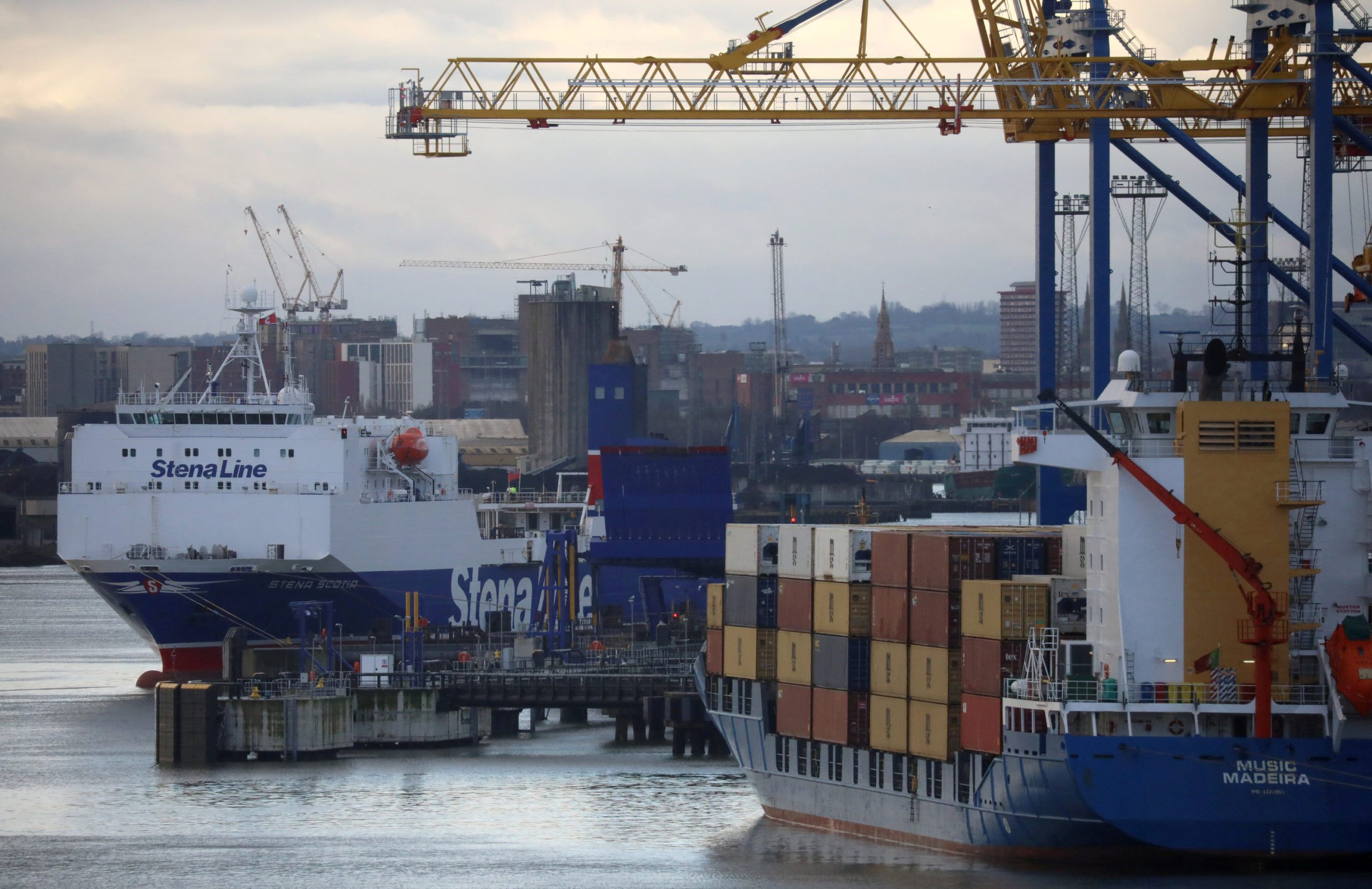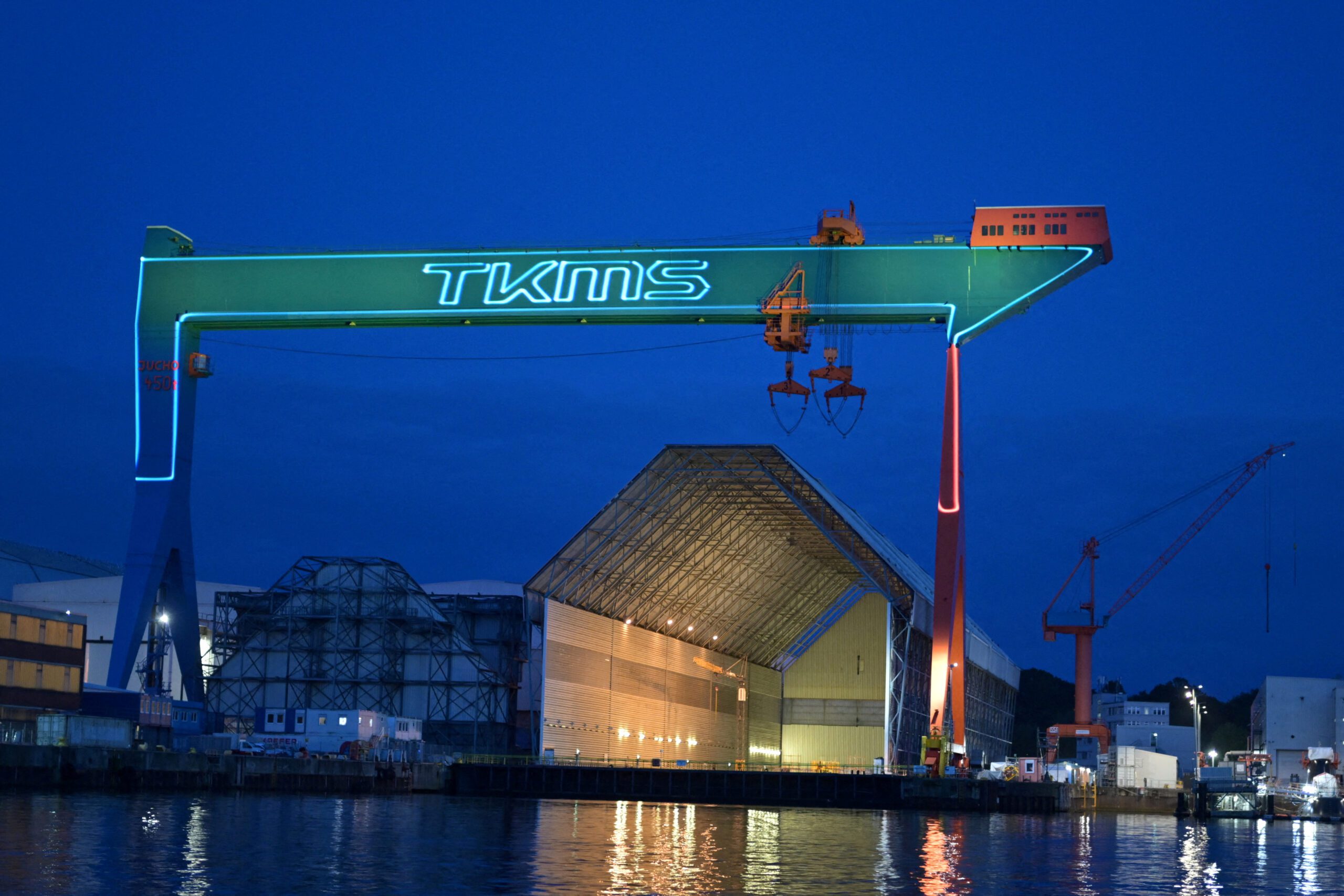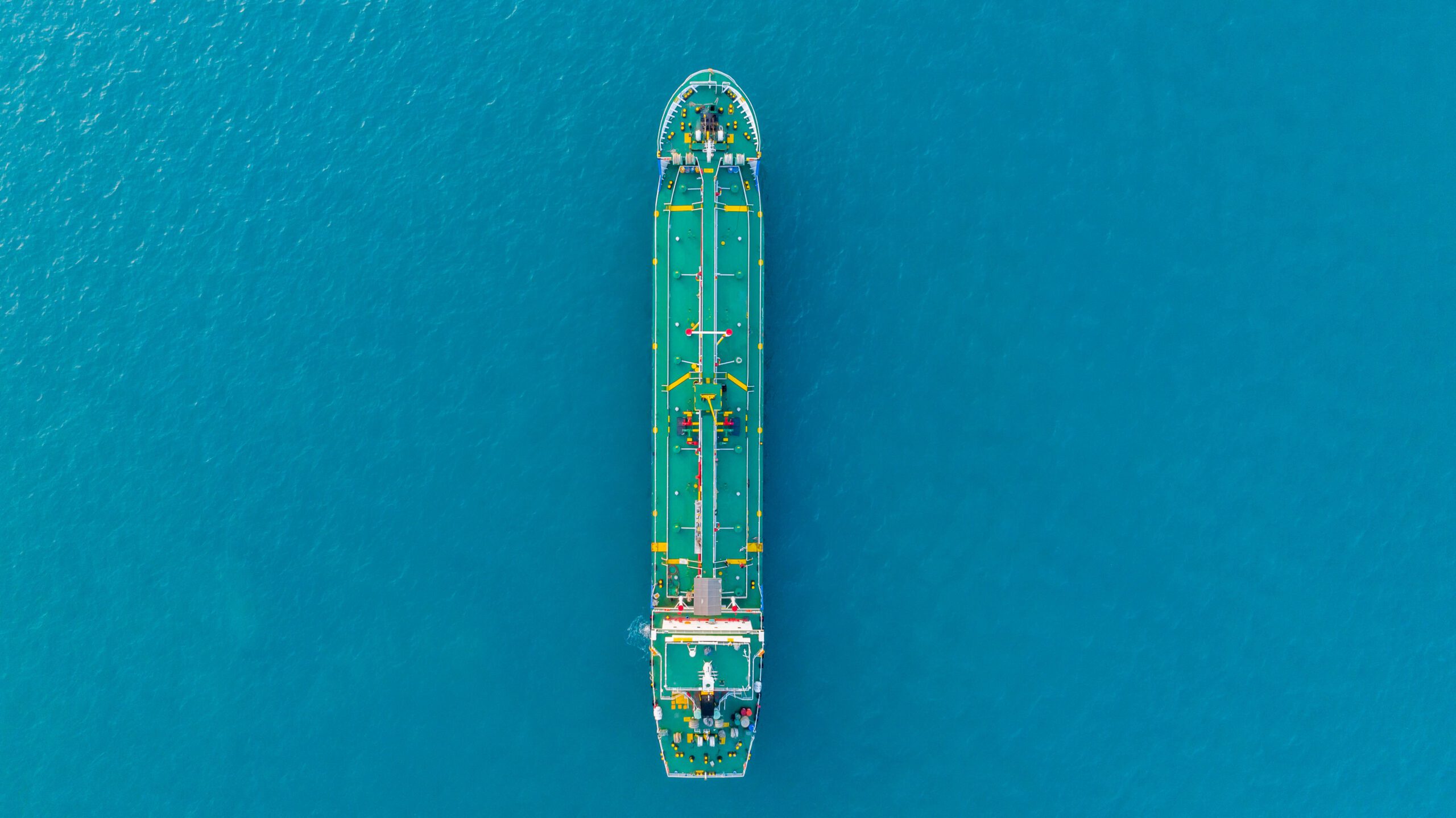The UK government has launched a new seafarers’ charter to help guarantee fair wages, proper rest periods, and suitable training for thousands of UK-based seafarers.
The voluntary charter is part of the UK government’s wider Nine-point plan to protect domestic seafarers and boost employment protections launched in response to P&O Ferries’ abrupt firing of nearly 800 of UK-based ferry workers staff without consultation or notice last year.
The charter requires employers to pay seafarers for overtime, provide adequate training and development, and allow seafarers to receive social security benefits. It also requires employers to consider fatigue and safety when scheduling shifts, provide adequate rest periods, and carry out regular drug and alcohol testing.
A similar initiative has been launched by the French government as both nations signed a bilateral agreement to work together to improve conditions for those working in the English Channel ferry sector. UK’s Maritime Minister Baroness Vere was in Paris today to launch the charter alongside the France’s minister of maritime affairs, Minister Hervé Berville.
“Fair pay and protection against unlawful discrimination are the basic rights of any employee. Our seafarers deserve nothing less,” said Minister Vere. “I therefore expect companies across the maritime sector to sign up to this Charter, letting their staff know they’re serious about protecting their rights and welfare.”
The Seafarers’ Charter has already received backing from DFDS Ferries, Condor Ferries, Brittany Ferries and Stena. “When it comes to seafarers’ wages and working conditions, we believe that all ferry companies should aim for the highest bar and not participate in a race to the bottom,” said Christophe Mathieu, Brittany Ferries CEO.
The charter follows the UK government’s passing of the Seafarers’ Wages Act in March, which bolsters pay protections for domestic seafarers by making it illegal to pay foreign seafarers on ships calling in the UK below the National Minimum Wage. The UK has also established a code of practice that prohibits threats of dismissal to force employees to accept new terms and requires honest and open discussions with employees and representatives for seafarers.
While the International Transport Workers’ Federation and European Transport Workers’ Federation welcomed the charter and sentiment to improve conditions for seafarers, they are urging the UK and France to create and enforce mandatory minimum rules to help rescue the “troubled” ferry sector.
“This agreement is a step forward in the right direction. But we need mandatory standards and sectoral collective bargaining rights,” said ETF General Secretary Livia Spera. “The ETF is calling for the adoption of mandatory seafarer employment standards on European shipping routes, underpinned by sectoral collective bargaining rights, where they do not currently exist.”
“The solution proposed by France and the UK is based on a voluntary agreement by companies to follow the ‘rules.’ This is not enough, as it does not force companies to be compliant and it does not establish enforcement mechanisms,” she added.
ITF General Secretary Stephen Cotton joined his European counterpart in calling for mandatory standards to be applied to all companies operating ferries in the English Channel, Irish and North Sea.
“We need to see strong laws supporting decent wages and conditions. And when laws are broken, we need to see swift enforcement and prosecutorial action taken by states,” said Cotton.
“We need to see a response from P&O Ferries and Irish Ferries to this initiative,” he added. “How these rogue companies respond to today’s news will tell us a lot about whether voluntary charters are really going to be enough to stop the bad behaviour we’ve seen in recent years.”

 Join The Club
Join The Club











